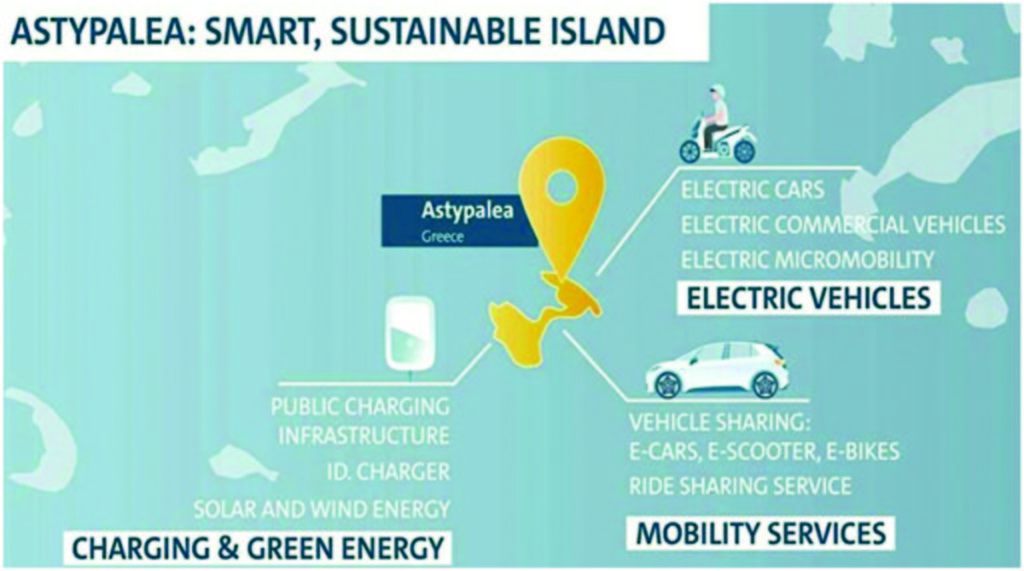By Mr. Umair Nabeel, Renewable Energy and Environment Entrepreneur
It’s December 2020 now, marking the end of the calendar year. Since, in theory at least we all make year end pledges, promises and set our goals for the next year, I thought this would be a good opportunity to put forward the concept of smart cities. A collective pledge we must all make, in order to keep our planet inhabitable. I know the other side pushes the notion that science as far as climate change goes is more star trek but I’d highly recommend my readers to refer to NASA’S database on global climate data. Country, city specific compiled data spanning over almost three decades covering every month of every single one of these thirty years, would suffice.
So, what in definition our smart cities. “A net zero emissions district” would be a reasonable way to put it, as a general definition. And amongst the most crucial, bedrock principles of any smart city is intra-city commute/travel and energy/power consumption. The means through which these two factors are addressed shape up a city’s climate outlook. And this is where electric vehicles and lithium-ion batteries come into play. To make things interesting, let’s try and illustrate this in a more dynamic way:
Global News: Volkswagen Group To Electrify Greek Island Of Astypalea With 1,000 EVs

And I quote “model island for climate-neutral mobility”. This is the vision behind this MOU signed between Greece and the German automobiles giant Volkswagen, one of its kind and which in itself is a self explanatory dossier for smart cities. To delve into the details, simply click on the direct link provided next to source. Linking this to the EVs chart I presented in the November 2020 article (range plus OEM), allow me to share some very important related data on it. The range was measured across three different terrains, details below:
- Route 1: San Francisco to LA
- Route 2: Boston to Washington
- Route 3: Amsterdam to Berlin
Similarly we have, the “Battery Testing Centre” established in Canberra, Australia in 2016, a dedicated facility testing the operational and deployment capabilities of lithium-ion batteries of leading manufacturers under various real time conditions coupled with periodic published reports. Point being, whether it be governments or a regular citizen, they have access to readily available data, information and pool of related services. Now, for Mr.Brown it’s “Hobson’s choice” but for one his students it’s “British customs”, referring to the late 70’s comedy tv show “Mind Your Language “. RWTH Aachen University in Germany from an academic’s view point and Accure Battery Intelligence from a commercial angle, to sum up offer the end user, whether national governments, industries or your regular homeowner access to a tsunami of information, data based on which one can easily make an informed decision.
Just before ending this article, some last minute news out of the UK. The British government in line with its recent renewed efforts towards renewables has officially announced that 2030 will mark the end of sales of ICE vehicles, a complete ban brought forward by 10 years as part of PM Boris Johnson’s ten point climate action plan.
In advance, a happy new year to everybody. Think green, go green.







